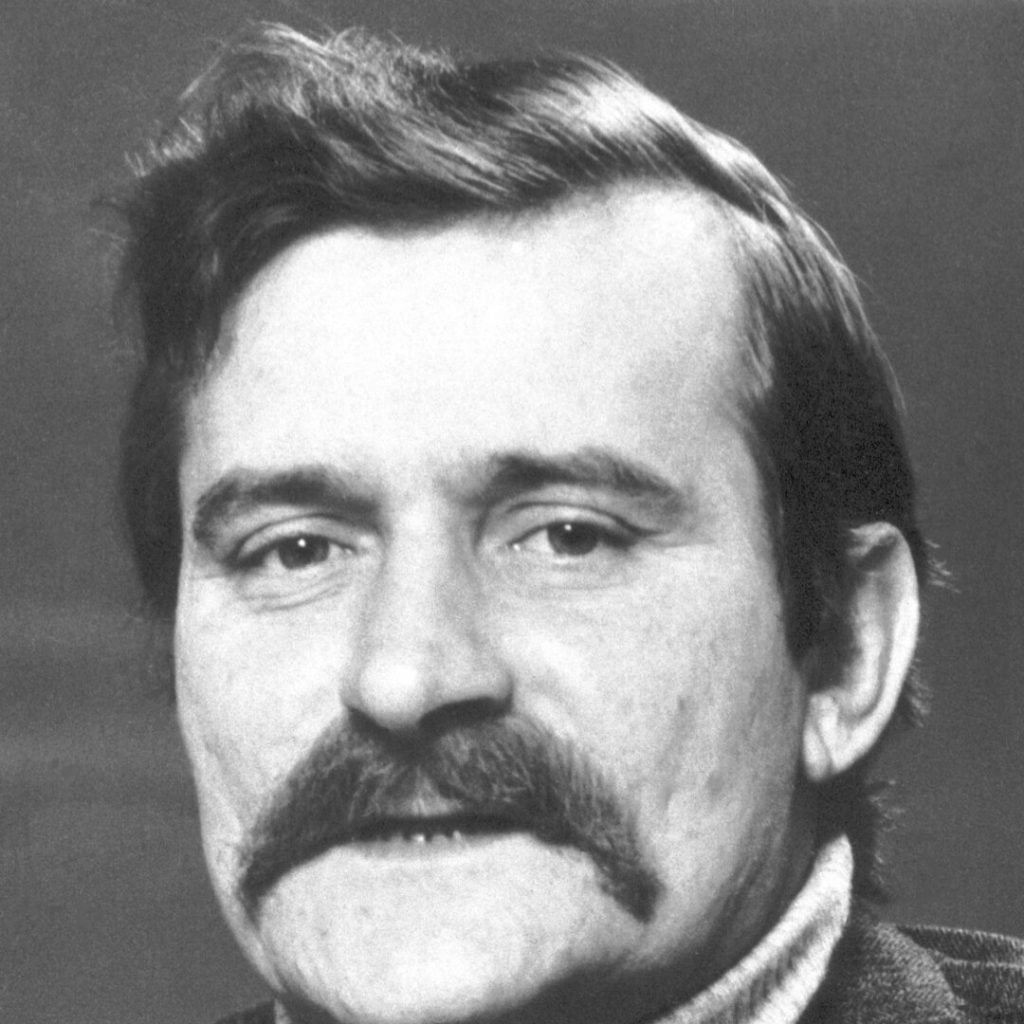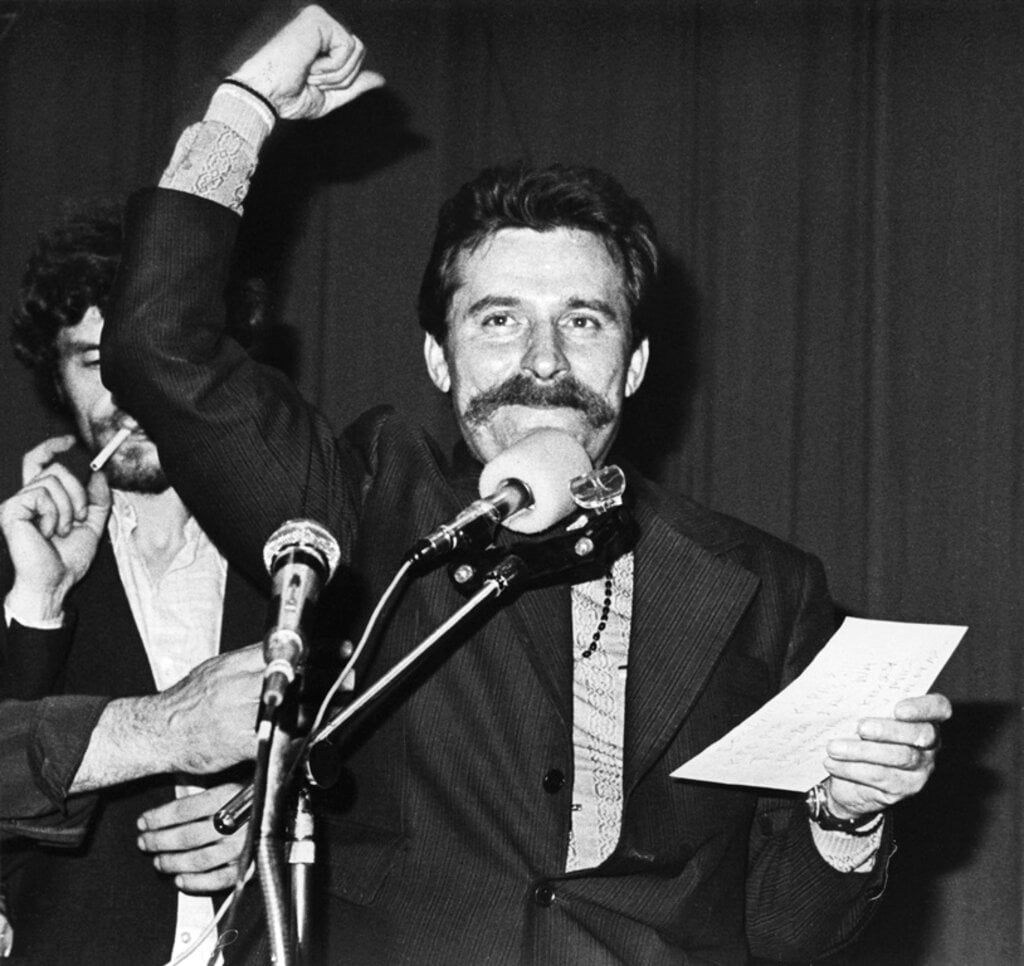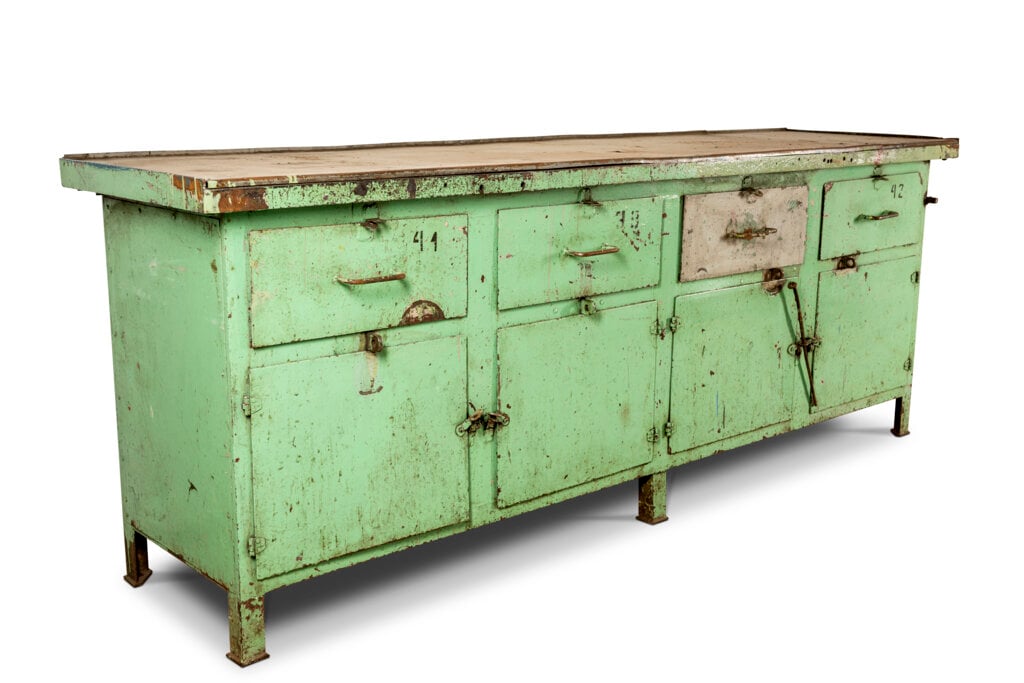Lech Wałęsa
Speed read
Lech Wałęsa was awarded the Nobel Peace Prize for his non-violent struggle for free trade unions and human rights in Poland.

Full name: Lech Wałęsa
Born: 29 September 1943, Popowo, Poland
Date awarded: 5 October 1983
Freedom behind the iron curtain
Lech Wałęsa had just been released from house arrest when he was awarded the Nobel Peace Prize. The Polish Communists had tried to break the leader of the uprising against the party’s monopoly on power. In 1980, Wałęsa, a shipyard electrician, led a massive strike in Poland. He negotiated with the authorities for better conditions for workers and the right to form independent labour unions. Negotiations ended in victory due to support from intellectuals and the Catholic Church. Wałęsa became the leader of the popular new labour union, Solidarity. In 1981, Solidarity was banned. The authorities claimed this was necessary to prevent a Soviet invasion. After Mikhail Gorbachev assumed power in the Soviet Union in 1985, this threat lost its power. In 1989, Solidarity won in free elections, and Wałęsa was elected president a year later.
"The Norwegian Nobel Committee has evaluated Lech Wałęsa's contribution in this field as being of essential importance in the campaign to establish the universal freedom of organization in all countries."
Chairman of the Norwegian Nobel Committee Egil Aarvik, Presentation Speech, 10 December 1983.
Wałęsa becomes an activist
In 1970 an uprising broke out among Polish workers when authorities raised the price of food. Lech Wałęsa worked at the Lenin Shipyard in Gdansk and witnessed the shooting of several of his colleagues by police and soldiers. As a result, he got involved in efforts to allow workers to form labour unions that were not controlled by the Communist Party. But the secret police put him under surveillance, and Wałęsa lost his job.
"The defence of our rights and our dignity, as well as efforts never to let ourselves to be overcome by the feeling of hatred - this is the road we have chosen."
Lech Wałęsa, Nobel Prize lecture, 10 December 1983.
A Pope from Poland
Many academics, authors, Catholic priests and other intellectuals were also dissatisfied with the Community Party dictatorship. They supported the uprising by Wałęsa and the workers. In 1978 the Polish opposition gained a new supporter when Pope John Paul II of Poland assumed the papacy. Opponents of the Communist Party felt that they not only had the Polish Church behind them, but the entire Roman Catholic Church as well. In 1979, the pope visited Poland. He spoke on television, kindling national enthusiasm among the Poles at public meetings. His visit served to diminish the power of the Communist Party.
Solidarity is born
In 1980 a strike broke out in Gdansk. Workers demanded higher wages and better working conditions. The strike spread to other parts of the country. Unemployed, Wałęsa managed to enter the Lenin Shipyard, where he held an impassioned speech for the workers, encouraging them to remain in the factory until their demands were met. As a result, Wałęsa was elected to negotiate with the authorities. The more radical workers convinced him to demand independent labour unions and the right to strike. The authorities conceded, and Wałęsa emerged as the leader of the new independent labour union, Solidarity.

Internment and the peace prize
The elation over Solidarity was short-lived. In 1981 the Communist Party leadership claimed that the Soviet Union planned to invade Poland to stop a dangerous trend toward democratisation. Solidarity was banned and thousands of members arrested. Lech Wałęsa was placed under house arrest in a villa near Warsaw. But the pope visited Poland again. He met with Wałęsa, who promised to use non-violent means in his activities. The internment of Wałęsa proved detrimental to the Communist Party. In 1983 Wałęsa was released, and it became even more difficult for the authorities to curb his activities after he received the Nobel Peace Prize that same year.

"With all Walesa’s personal faults, his legacy is a huge gain in freedom, not just for the Poles."
Timothy Garton Ash: Lech Wałęsa. Time 100: Leaders and Revolutionaries. 11 November 2003.
Learn more
Lech Wałęsa was born on September 29, 1943 in Popowo, Poland. After graduating from vocational school, he worked as a car mechanic at a machine center from 1961 to 1965 ...
Disclaimer: Every effort has been made by the publisher to credit organisations and individuals with regard to the supply of photographs. Please notify the publishers regarding corrections.
Nobel Prizes and laureates
Six prizes were awarded for achievements that have conferred the greatest benefit to humankind. The 12 laureates' work and discoveries range from proteins' structures and machine learning to fighting for a world free of nuclear weapons.
See them all presented here.
